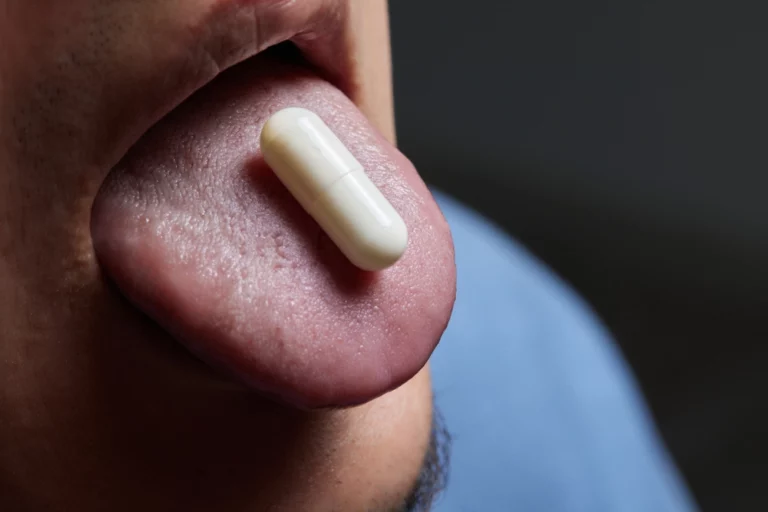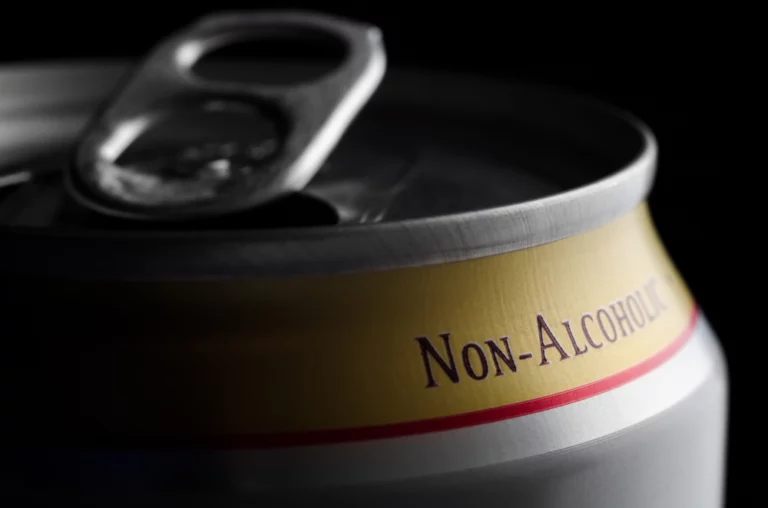What Does Cocaine Withdrawal Feel Like?
Withdrawal effects vary from drug to drug. Cocaine withdrawal is known to have a particularly unpleasant “come down”. Those who abuse cocaine are known to try to offset the negative feelings associated with stimulant withdrawal using anti-anxiety medications like benzodiazepines (benzos). Adding another drug, in this case a depressant or downer, introduces further complications and risks. While benzos can ease the negative psychological and physical effects associated with cocaine and stimulant withdrawal, they increase the risks associated with combining drugs, the likelihood for addiction, the potential for overdose, and other problems associated with polysubstance abuse.
The Experience of Cocaine Withdrawal
Symptoms associated with cocaine withdrawal begin almost immediately after a person last uses the drug. This is partly why those who abuse cocaine are known to go on “cocaine binges”. The drug has a short-lived experience of euphoria and produces extremely strong cravings soon thereafter. Side effects from cocaine can be experienced up to ten weeks after use.
Symptoms associated with what is commonly referred to as a “cocaine crash”:
- Acute depression
- Increased anxiety
- Intense cravings
- Unhappiness
- Exhaustion
- Dehydration
- Hypersomnia (excessive sleeping)
- Increased appetite
- Paranoia
- Suicidal ideation
Among the reasons why the so-called “cocaine crash” is unpleasant relates to the general effects produced by cocaine both physically and psychologically. Cocaine produces a sense of euphoria, lowers risk aversion, and is known as a social lubricant and party drug. Like other stimulants (including methamphetamines), cocaine can make a person feel empowered and larger than life. Cocaine tends to suppress appetite and make people stay up for prolonged numbers of hours without sleep.
On the flip side, when someone is withdrawing from the effects of cocaine, they are not only experiencing the general withdrawal effects but also the physical and psychological effects based on what they have put their mind and body through. Sleep deprivation, improper nutrition, depletion of “happy hormones” like serotonin and dopamine, result in negative feelings and behaviors as a person’s body tries to recuperate from the psychological and physical exertions of cocaine.
General symptoms that are common with cocaine withdrawal:
- Agitation
- Restlessness
- Irritability
- Difficulty concentrating
- Shakiness or tremors
- Sleep issues
- Disturbing dreams
Cocaine withdrawal can be affected by many factors including if someone was drinking while also abusing cocaine or if they were combining cocaine and other illicit substances. A person might then be experiencing withdrawal symptoms associated with those drugs as well.
A General Timeline for Cocaine Withdrawal
Withdrawal symptoms from cocaine can be extremely unpleasant. There are symptoms that can persist for weeks or even months after the last dose.
Hours after use
Symptoms of withdrawal begin soon after a person ceases using cocaine. Feelings tend to include:
- Irritability
- Anxiety
- Physical exhaustion
- Changes in appetite
During this initial period, cravings are not as strong.
After One Week
This is when intense cravings begin to be problematic. Sleep is often impacted. A person may feel exhausted and have nightmares. It’s not uncommon to experience rapid changes in mood.
After Two to Four Weeks
Cravings continue and feelings of depression and anxiety are common. It may be difficult to focus or concentrate. This is a period often associated with feelings of emotional instability. Irritability, restlessness, and agitation are common.
After Five to Ten Weeks
At this stage, a person’s body is beginning the healing process. The mind and body show signs of lessened withdrawal symptoms. It’s possible to still have cravings but they are usually less intense. Feelings of anxiety may persist. Some individuals recovering from cocaine abuse say they still do not feel an overall sense of well-being after more than a month of abstinence from cocaine.
Reach Out to Oasis Recovery about Cocaine Addiction Treatment
If you or someone you love is struggling with a cocaine addiction, it’s essential to get them the help they need. Oasis Recovery’s team of expert medical professionals and mental health counselors can help your loved one break their habit and learn effective coping mechanisms for sober living. Our cocaine addiction treatment program provides a supportive environment for recovering from substance abuse. Reach out to us today to speak with a specialist who can assist you in choosing the right treatment options based on your specific needs.











